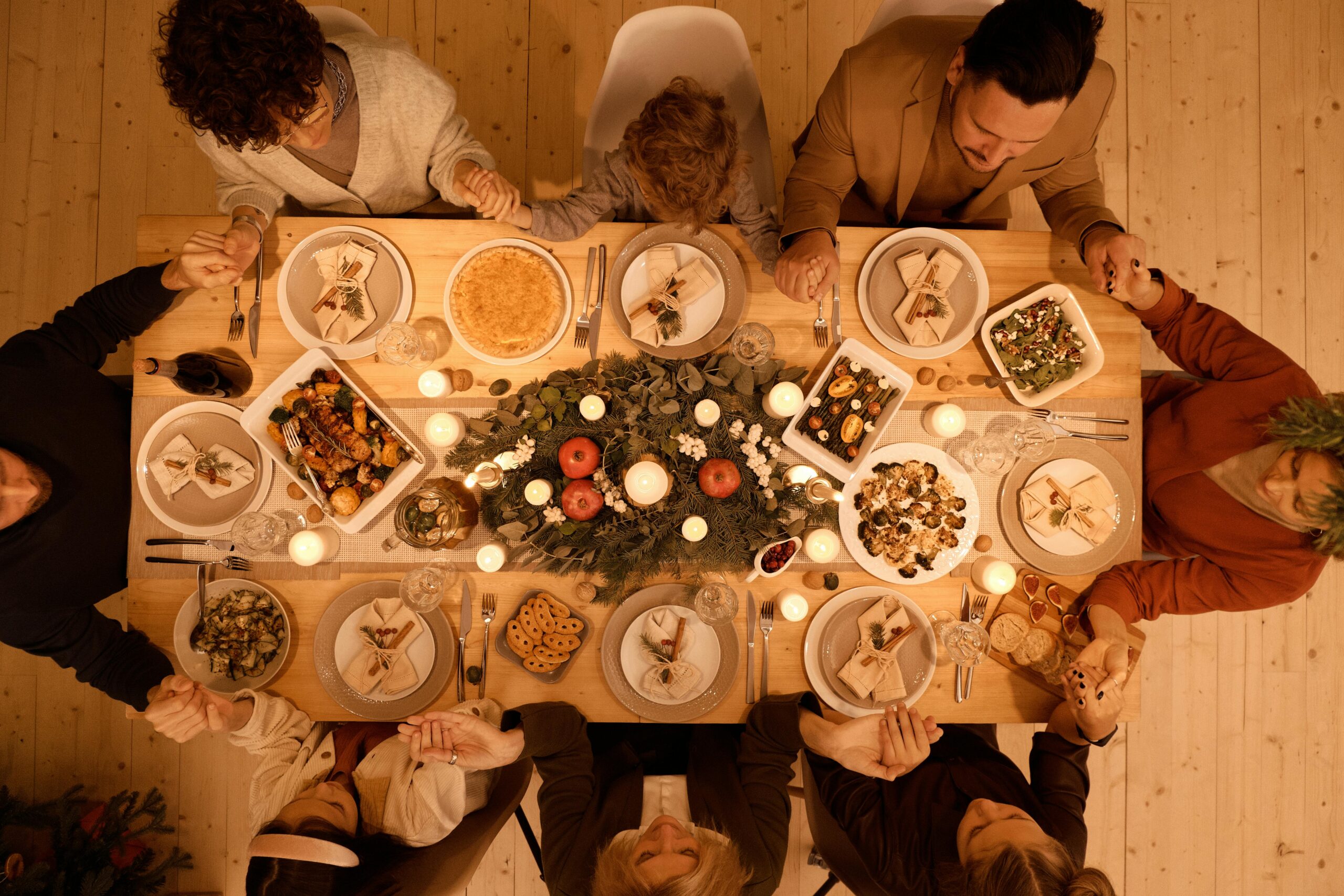Understanding Gambling Addiction
Gambling addiction, or gambling disorder, is a behavioral health condition—not a moral weakness. It’s often rooted in emotional pain, trauma, or attempts to cope with stress and anxiety. Unlike casual gambling, this disorder leads to compulsive behavior despite negative consequences.
According to experts at GambleAware, understanding the nature of addiction can shift your approach from blame to empathy. Addiction affects the entire family. Helping a partner with a gambling problem requires clarity, boundaries, and emotional resilience.
Recognizing the Warning Signs
- Disappearing money, hidden debts, or unexplained financial losses
- Secrecy around bank accounts or online activities
- Mood swings connected to wins or losses
- Borrowing money, selling valuables, or blaming others
- Denial or minimizing the problem
If these patterns seem familiar, you’re not alone—and you’re not imagining things. Many people miss early red flags because they want to believe the best about their loved one. Acknowledging the problem is the first step toward healing. Reading books on gambling addiction can help partners understand the emotional and behavioral roots of the disorder.
Protecting Yourself Financially
Rebuild Financial Confidence
Budgeting doesn’t have to be overwhelming. PocketSmith offers clear tools to manage spending and debt—so you can focus on healing, not just numbers.
Helping a partner with a gambling problem means prioritizing your financial security. Here’s how:
- Separate bank accounts and remove joint access to credit cards
- Change passwords to online banking apps and financial tools
- Cancel automatic payments tied to gambling platforms
- Monitor mail for unpaid bills or credit statements
- Never cover gambling-related debts—it can reinforce the addiction
Taking these steps isn’t about punishment—it’s about protection. Financial boundaries support your emotional safety and reduce the risk of enabling destructive behaviors. Digital tools like apps for gambling addiction recovery can help track spending and reinforce financial boundaries.
Communicating with Compassion
Open, non-judgmental communication can create space for honesty. Here’s what helps:
- Choose a calm, private time to talk—not during conflict
- Use “I” statements: “I feel concerned when…”
- Avoid blaming or ultimatums unless you’re prepared to act
- Ask questions like, “What support would help you right now?”
- Validate emotions without excusing harmful actions
Your partner may feel shame, guilt, or fear of losing you. Listening with empathy while holding firm boundaries is essential to supporting both their healing and your own stability.
Setting and Enforcing Boundaries
Boundaries protect relationships. Helping a partner with a gambling problem means defining what’s acceptable and what isn’t:
- Clearly outline unacceptable behaviors (e.g., lying, borrowing money)
- Decide in advance what consequences will follow broken agreements
- Revisit and revise boundaries as recovery progresses
- Avoid rescuing your partner from the natural consequences of gambling
Boundaries aren’t threats—they’re commitments to your values and safety. They create the structure recovery needs to grow.
Encouraging Professional Help
Support your partner in exploring professional resources like:
- Individual therapy or addiction counseling
- Online programs such as Gamblers Anonymous or GamFin
- Telehealth therapy platforms offering CBT (Cognitive Behavioral Therapy)
- Couples therapy to rebuild trust and improve communication
- Therapy can be complemented with somatic recovery tools and practices
Frame help-seeking as a strength, not a weakness. Offer to attend sessions together or help research therapists. Recovery is often more successful when both partners are actively involved.
Taking Care of Yourself
One of the most overlooked parts of helping a partner with a gambling problem is self-care. You need support, too.
- Join our gambling addiction recovery newsletter for weekly inspirations
- Listen to gambling recovery podcasts for hope and healing, The Broke Girl Society podcast community for one.
- Join support groups like GAM-ANON
- Engage in mindfulness, journaling, or therapy for yourself
- Prioritize hobbies, rest, and time with friends
- Set emotional limits—your partner’s recovery is not your responsibility alone
You’re not helping anyone if you’re constantly depleted. Rebuilding stability starts with protecting your own peace.
Helpful Tools and Resources
- Recommended Reading:
- Podcasts: Fold ‘em – Help for Gambling Problems, The Broke Girl Society
- Digital Tools: Self-exclusion programs, budget tracking apps, and mindfulness libraries
Explore our Gambling Recovery Resource Center and Gambling Recovery Roadmap for more support.
Final Thoughts
Helping a partner with a gambling problem doesn’t mean sacrificing your identity or sanity. You can love someone and still say “enough.” You can be compassionate while holding firm. Your voice, boundaries, and choices matter in this journey.
You are not alone—and you don’t have to walk this road without support.
Frequently Asked Questions About Helping a Partner With a Gambling Problem
Can I help my partner without enabling them?
Yes. The key is setting clear boundaries and encouraging professional help. Support doesn’t mean rescuing them from consequences—it means walking beside them as they take responsibility for their actions.
What if my partner refuses to get help?
You can’t force recovery, but you can protect yourself. Reinforce boundaries, seek support, and focus on what’s within your control—your own well-being and safety.
Should I stay in the relationship?
That decision depends on your values, safety, and your partner’s willingness to change. Many couples survive gambling addiction, but only with honesty, effort, and support on both sides.
Need Practical Tools for Healing?
Head over to our Recovery Tools & Resources page — your central hub for trusted tools, guided supports, and resources that make recovery doable and sustainable.





